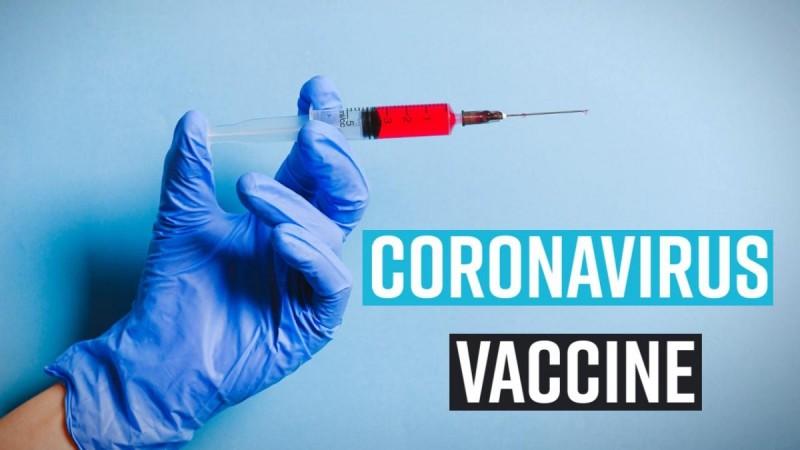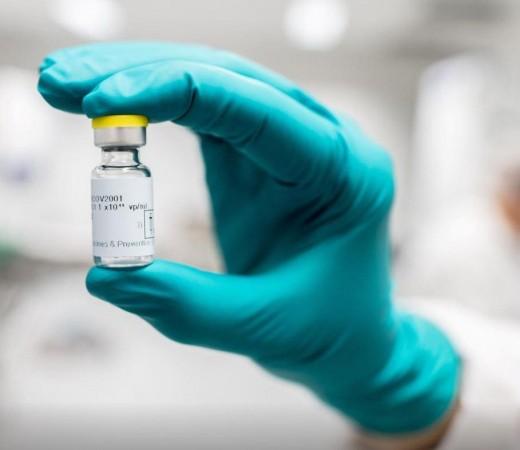India is fighting one of its biggest battles against the deadly COVID-19, which has already claimed hundreds and thousands of lives. Just as new COVID cases are dropping and the burden of the second wave is being lifted, experts have already anticipated the third wave. Some states are making preparations in an event of a third COVID wave, but as far as inoculation of the population is concerned, the tally is bordering near just 5 percent. India's cumulative vaccination coverage has exceeded 28 crores on Sunday, the Ministry of Health and Family Welfare (MoHFW) said on Monday.
Last week, a healthcare expert at a webinar, hosted by MeraDoc, a personalised healthcare platform that connects highly experienced health practitioners with people, suggested the country's COVID curve can be flattened by July end if the government is able to vaccinate a whopping 90-lakh people a day. Separately, experts are forewarning against the third wave of Covid-19 hitting India as early as September, with many fearing that it could hit children disproportionately.

"Third wave and more waves can always occur in a pandemic till it burns out or there is herd immunity. So far in our experience, the majority of children who have had Covid infection have either been asymptomatic or had mild symptoms. Therefore we hope the next wave will not be a serious threat to children," Rekha Mittal, Neurologist at Rainbow Hospitals, was quoted as saying.
India's vaccination drive & need for more
The government pushing vaccination which is an integral pillar of its comprehensive strategy for containment and management of the Covid-19 pandemic, along with Test, Track, Treat and Covid appropriate behaviour. Currently, there are three vaccines approved for emergency use in the country, which include SII's Covishield, Bharat Biotech's Covaxin and Russia's Sputnik V.
A total of 28,00,36,898 vaccine doses have been administered through 38,24,408 sessions, however, 30,39,996 vaccine doses were administered in the last 24 hours. While efforts to ramp up production of vaccines are currently underway, there's a need to bring in more foreign vaccines, ET reported, citing important trends and statistics.
The report highlights how some Indian vaccines, particularly Covaxin, are still in a developmental phase and yet to receive full clearance. The application for WHO's approval for Covaxin may take time. With a bouquet of vaccines, people will have multiple options. For this reason, approving foreign vaccines on priority is the need of the hour.

Once the travel restrictions are lifted globally or in most countries, vaccination will be made compulsory. Some countries will likely insist on a particular vaccine, which would require having multiple approved vaccine options will cut down the risk.
The COVID waves have shown how coronavirus is mutating and some vaccines might not be as effective in fighting different strains of COVID-19. With the availability of multiple vaccines, there will be an option to the best option. It will also enable the possibility of combining vaccines for better protection.
Looking at the various vaccine developments globally, some foreign vaccines use different mRNA technology. Having all of them available also gives the freedom for people to choose the best option. By having a lot of suppliers, vaccine availability will not be strained upon a few manufacturers.
Good time to negotiate

The COVID burden is now lessened, with India reporting the lowest cases since the onset of the second wave. This gives a breather even for the government to negotiate with foreign manufacturers, and overcome the bureaucratic red tapes while giving approvals to vaccines in time. This is crucial with the impending third wave, which going by experts' opinions, could be devastating.
There are several foreign vaccine makers in the pipeline for India rollout. Pfizer vaccine is expected to come in July, and talks are still underway with the government over indemnity and legal jurisdictions. Similarly, vaccines from Johnson & Johnson, Zydus Cadila, Biological E, and Genova are still under trials or yet to submit data for review.

















